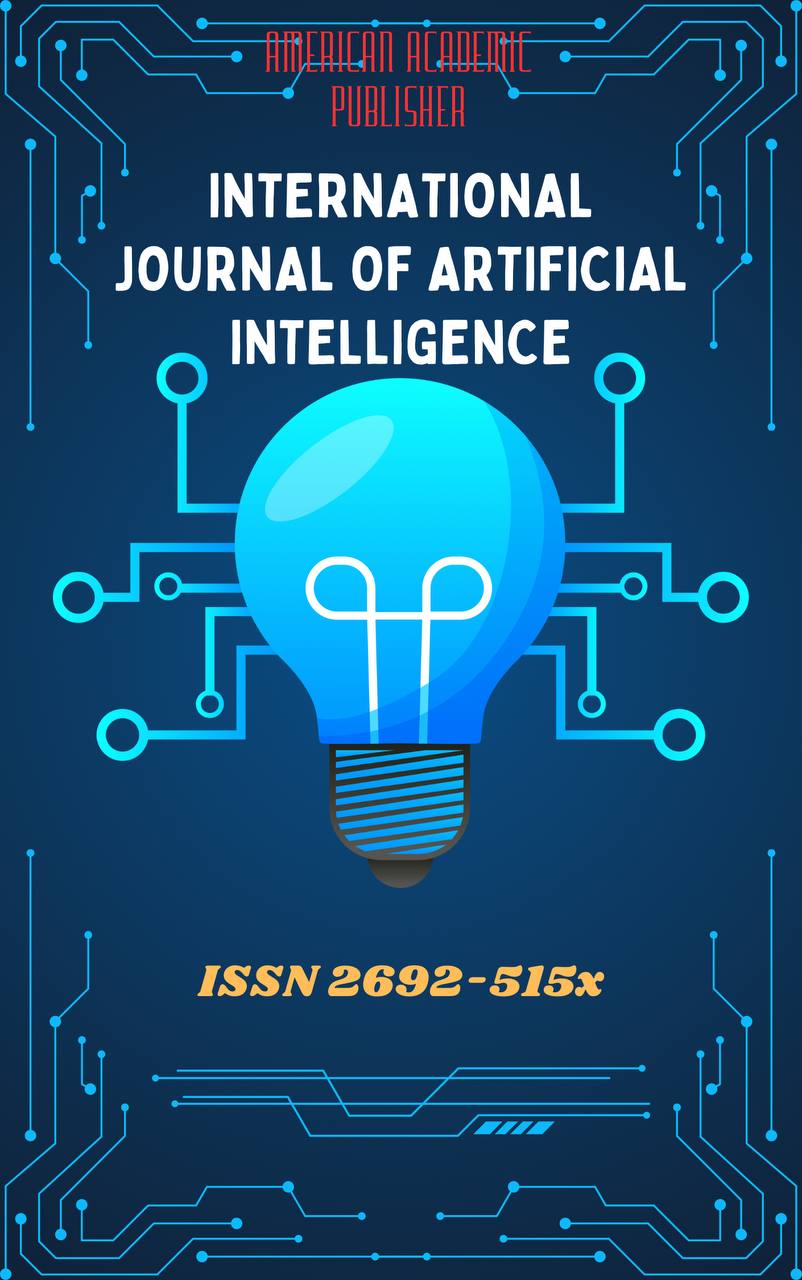 Articles
| Open Access |
Articles
| Open Access | METHODOLOGY FOR ORGANIZING EXTRACURRICULAR ACTIVITIES IN TEACHING CHEMISTRY
Orinova Ozodakhon Oljayevna , Associate Professor (PhD) of the Department of Chemistry, Fergana State UniversityAbstract
The development of students' interest and competencies in chemistry requires effective organization of extracurricular activities. Such activities, if properly structured, complement classroom learning, foster curiosity, and help bridge the gap between theoretical knowledge and practical application. This article explores methodological approaches to planning, organizing, and evaluating extracurricular activities in chemistry education. It emphasizes the role of extracurricular work in enhancing students' motivation, deepening their subject understanding, and developing research, teamwork, and problem-solving skills.
Keywords
Chemistry education, extracurricular activities, methodology, student motivation, scientific interest, practical skills.
References
Biryukov, S.V. (2021). Extracurricular Activities in Chemistry: Methodological Guide for Teachers. Moscow: Prosveshchenie.
Chuchalin, A.V. (2020). Modern Approaches to Teaching Chemistry in Secondary Schools. Journal of Chemical Education, 97(6), 1234-1242.
UNESCO. (2019). STEM Education and Extracurricular Engagement: Global Trends and Best Practices. Paris: UNESCO Publishing.
Petrov, I.N., & Karpova, L.S. (2018). The Role of Extracurricular Activities in Forming Students’ Scientific Worldview. Education and Science, 20(3), 56-62.
Article Statistics
Downloads
Copyright License

This work is licensed under a Creative Commons Attribution 4.0 International License.

